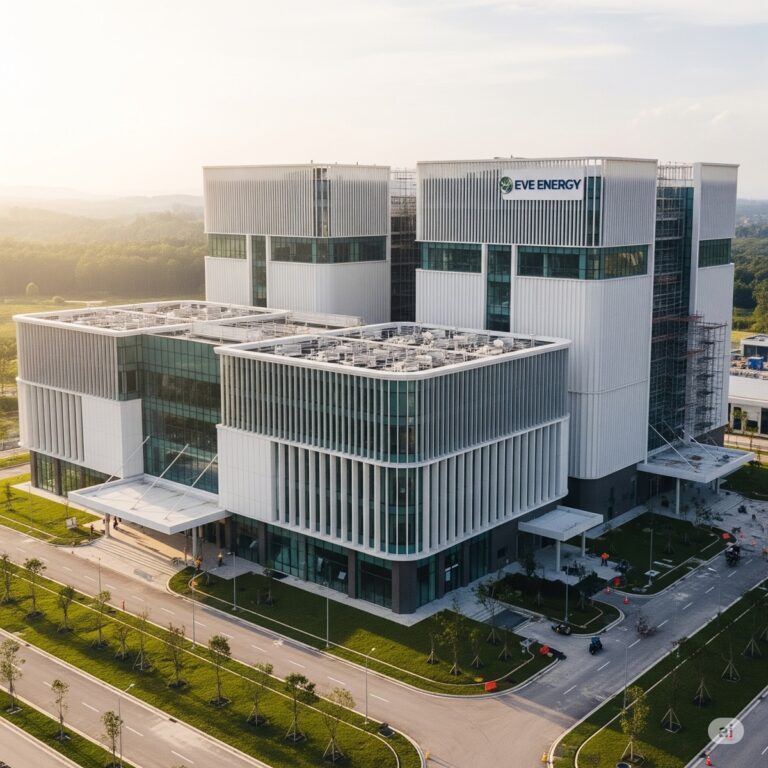Hidden Threats? China-Linked Devices Raise U.S. Infrastructure Security Alarms

Concerns over Chinese technology embedded in U.S. infrastructure have intensified after rogue communication devices were reportedly discovered in Chinese-made solar power inverters. These findings, revealed by two sources familiar with the matter, suggest potential risks to national security and commerce.
The devices—absent from official documentation—were found during security assessments by U.S. experts. These undocumented components, which include cellular radios, were detected in batteries from various Chinese suppliers over the past nine months.
Strategic Placement Raises Red Flags
Rocky Cole, a former intelligence analyst at the National Security Agency (NSA) and co-founder of iVerify, emphasized the potential threat. He said it’s “very conceivable” that China is placing hardware in critical American infrastructure with the intent to enable cyberattacks if a geopolitical conflict—such as a Taiwan dispute—were to arise.
Cole noted that these inverters contain communication channels that bypass normal firewalls, posing a direct risk to U.S. electric grids and supply chains. He warned that such backdoors could be activated to disrupt commerce during strategic moments.
“It’s difficult not to view Chinese-made hardware in the realm of critical infrastructure as a national security threat,” Cole remarked.
Chinese law requires companies to cooperate with its intelligence agencies when requested. This legal obligation heightens fears that Chinese-manufactured technology could be exploited for espionage or sabotage purposes.
Beijing Pushes Back Against Accusations
Responding to the growing scrutiny, Liu Pengyu, a spokesperson for the Chinese Embassy in Washington, D.C., pushed back. He called the allegations unfair and politically driven.
“The goal of China’s pursuit of development is to enable its people to live a better life,” Pengyu said. “We oppose the presumption of guilt under unclear facts… and the distortion of China’s achievements in energy infrastructure.”
Despite the diplomatic pushback, security experts insist the findings are a wake-up call. The presence of unauthorized communication tech in sensitive equipment highlights the vulnerabilities of foreign-dominated supply chains.
A Call for Supply Chain Oversight
Cole stressed that any supply chain outside of the U.S. or its allies increases the risk of intelligence-led “supply chain operations.” These involve manipulating hardware during manufacturing to include backdoors—hidden access points that can be exploited remotely.
“Without strict oversight, it’s very difficult to guarantee that hardware is secure,” he said. “It’s crucial for U.S. officials to fully grasp the risks posed by Chinese-made infrastructure equipment.”
As the U.S. shifts toward renewable energy and smarter grids, experts say securing the supply chain must be a top priority. Failure to do so could leave American infrastructure open to digital sabotage—at the worst possible moment.



